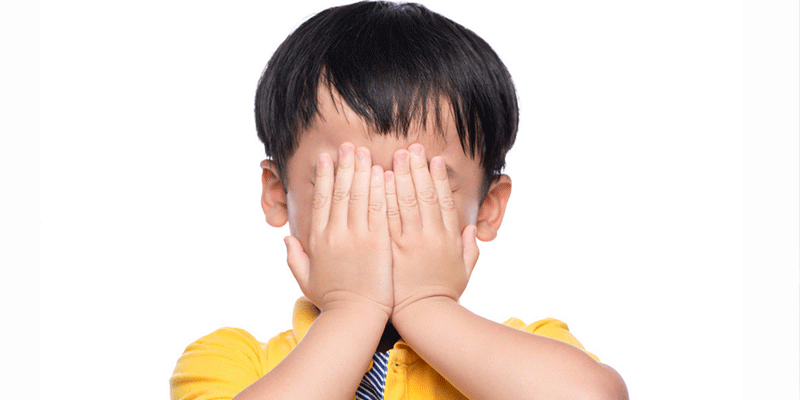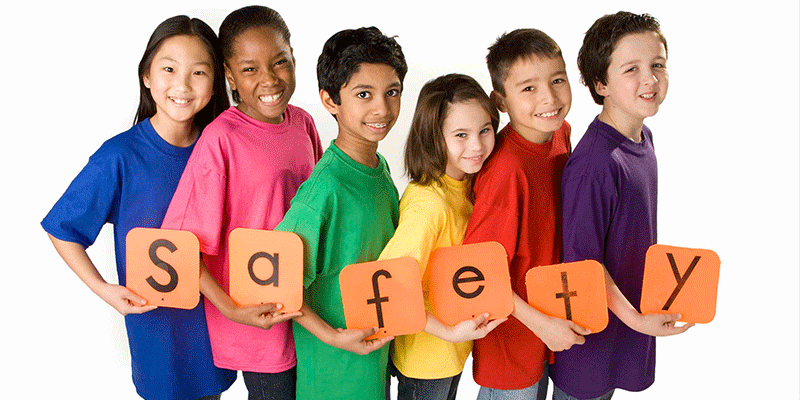
My child is shy and does not make friends easily. Should I be worried?
Although childhood shyness is commonplace, it concerns many parents, especially those who place great value on sociability. Some children become shy because of harsh life experiences, but most are born that way. For some middle-years children, social situations and interactions can be terrifying. When they come in contact with new children, they rarely feel at ease. Typically, they are unwilling or unable to make the first move, preferring to abandon a potential friendship rather than reach out to the unfamiliar. A few of these timid children may be emotionally distressed, but they are in the minority. In fact, some children are just naturally withdrawn and slow to warm up in new situations.
Severe shyness
In some cases, shyness can be disabling. Extremely shy children often do not adapt as well as most of their peers in the classroom and on the playground. The longer this pattern exists, the more difficult it is for children to change. Shyness can increasingly lead to purposeful avoidance of social settings and withdrawal, and ultimately create an inability to function effectively as a social adult. If your child’s shyness becomes debilitating, it may be caused by an anxiety disorder or a temperament pattern; then an evaluation by a child mental-health professional would be helpful.
Time to adjust
Most shy children, however, do well in relationships and in social settings once they are past an initial period of adjustment. Children who have difficulty establishing and maintaining relationships even after the ice-breaking period merit more concern and attention. Eventually, many (and perhaps most) children who are shy learn to conquer their tendency. They function in ways that are not obviously timid or reticent, although inside they may still feel shy. Parents can gently guide or direct their children into social situations in which they can learn to successfully interact.
Rejected children
Most children want to be liked, yet some are slow in learning how to make friends. Others may long for companionship but might be excluded from one group or another, perhaps picked on because of the way they dress, poor personal hygiene, obesity, or even a speech impediment. Youngsters are often rejected by peers if they exhibit disruptive or aggressive behavior. Still other children may hover on the fringes of one clique or another but never really get noticed. These neglected children spend most of their time alone.
Rejected youngsters are overtly disliked by their peers and are constantly made to feel unwelcome. They often tend to be aggressive or disruptive and very sensitive to teasing. They may be bullies and rule-violators, or they may be so unsure of themselves that they invite the rejection of others. They might also be rejected because of their impulsive and disruptive behavior. Some of them may have attention deficits or hyperactivity.
Last Updated 11/2/2009
Source Caring for Your School-Age Child: Ages 5 to 12 (Copyright © 2004 American Academy of Pediatrics)
The information contained on this Web site should not be used as a substitute for the medical care and advice of your pediatrician. There may be variations in treatment that your pediatrician may recommend based on individual facts and circumstances.






